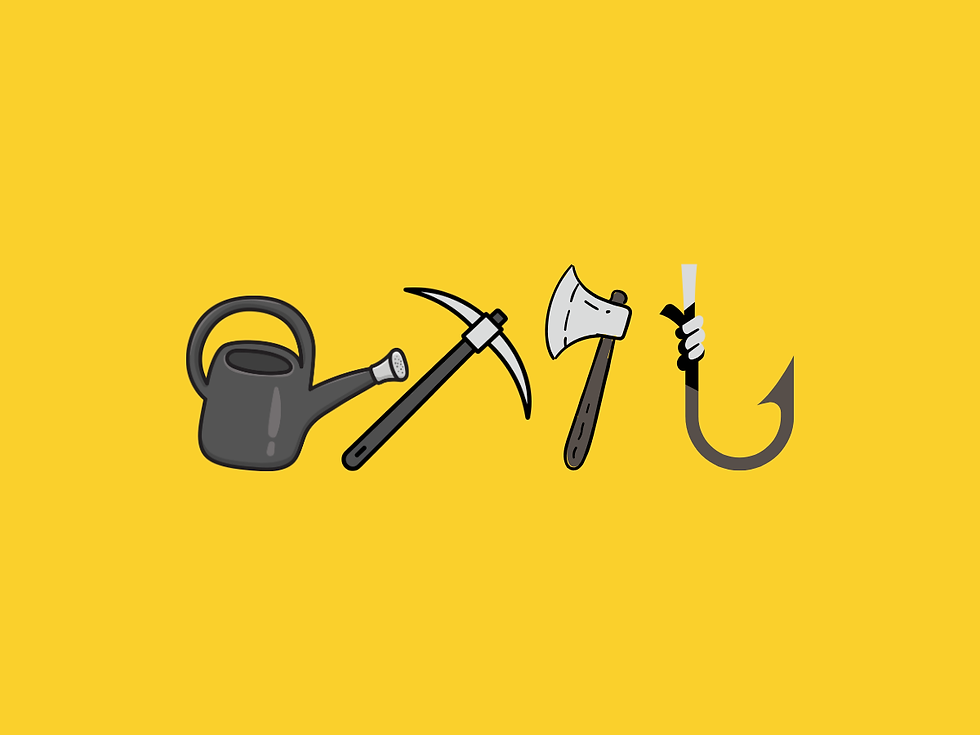Driving Fast and Slow
- Shum
- Oct 23, 2022
- 1 min read
Have you ever been in a situation, let’s take a meeting for example, and thought to yourself … we’re really not talking about what’s important here.
Agreeing on what’s important might be obvious, and it might even happen, but it sometimes feels like trying to hang on tightly to a wet bar of soap.
You know how some musicians do cover songs? Well, this is my cover of one of my favourite and easily my most shared posts from a source I love (It's a four-minute read when you've got the time): The Bike Shed Effect.
Picture what it’s like to drive on the highway.
You’re going pretty fast.
For something to catch your attention - say a billboard - it has to be pretty big.
You’re simply going too fast to pay attention to small things.
Now imagine, you’re driving in a neighbourhood looking for the house number of a friend you haven’t visited before.
You’re going slowly enough to be judgemental about the landscaping decisions you’re seeing.
You’re intentionally looking for small things.
A house number is small, relative to a billboard.
Ok, so we have now established two modes: Driving fast and driving slow.
Fast means, you’re only paying attention to really big things.
Slow means, you’re intentionally looking for small things.
Let’s now go back to where we started.
Have you ever been in a situation, let’s take a meeting for example, and thought to yourself … we are really not talking about what’s important here.
At the beginning of the meeting, decide how fast you’re driving.
Even before that, decide who the driver is.




Comments